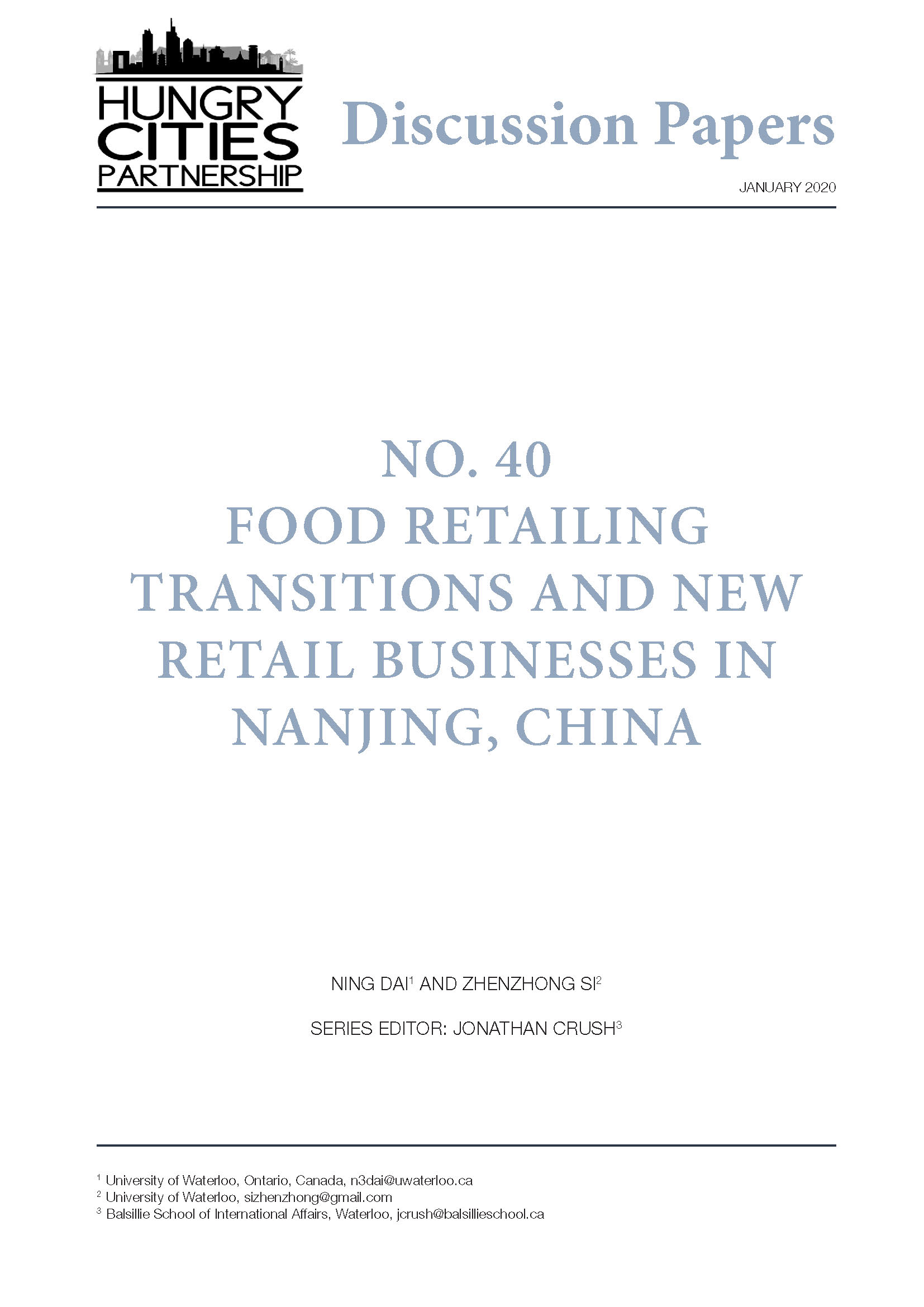China’s food retailing sector is transitioning towards a digitalized consumer society in the context of widespread food safety anxiety. At the forefront of this transition is an innovative form of food retailing called New Retail Businesses (NRBs). Based on field research and interviews with key stakeholders in Nanjing, this study outlines distinctive features of NRBs in contrast to the conventional food system. It also points out that NRBs have shared goals with the government’s Vegetable Basket Project. Thus the implementation of this project in Nanjing has propelled the growth of a local NRB. Equipped with an integrated ecological food supply chain and omnichannel retail logistics, NRBs represent a promising solution to China’s food safety and sustainability challenges. In theory, they accelerate the greening of urban food systems, backed by government funding. However, this paper highlights four contradictions in this hybrid public-private transition approach: the investmentization of food consumption, over-packaged ecological food, supply chain external dependency, and undermining of the local ecological sector. The study details these contradictions and calls for further research to reconceptualize urban food system planning in the face of the current boom in NRBs.

